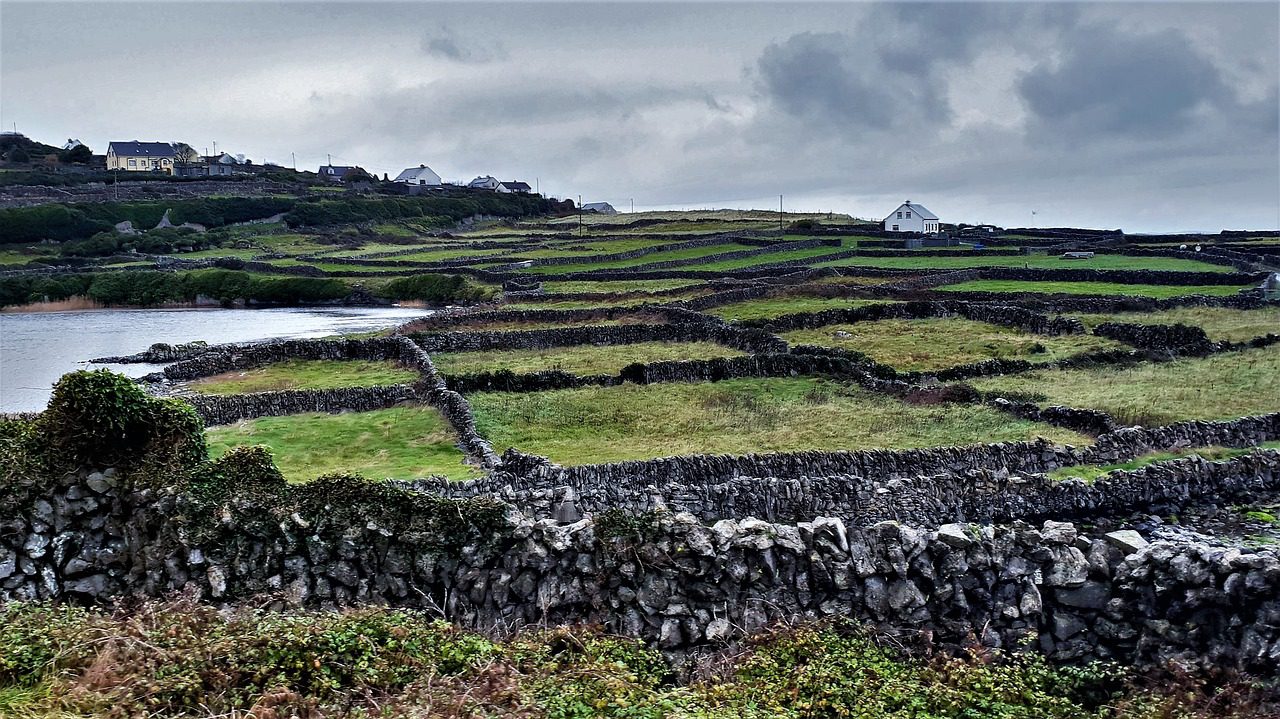Munster Technological University (MTU) is part of a new project, which aims to support the deployment of a circular bioeconomy with primary producers across rural regions in Europe.
The €3 million Horizon Europe project called ‘MainstreamBIO’ will support the realisation of the European Green Deal, and the target of achieving climate neutrality by 2050.
Amid ambitious climate targets in Ireland, including a 25% cut in agricultural greenhouse-gas (GHG) emissions by 2030, a sustainable bioeconomy offers a pathway to achieve these targets.
Deploying the model of a bioeconomy is very region specific, and varying land use and sea access create diverse opportunities for regional bioeconomies, according to co-director of the Circular Bioeconomy Research Group in MTU, James Gaffey.
“We are lucky in Ireland to have some excellent land-based resources, with a primarily pasture-based agriculture system, and a large coastline offering enormous bioeconomy potential.
“Many other sectors such as forestry, tillage, horticulture, wool and others also have significant potential to benefit from Ireland’s emerging bioeconomy,” he added.
Income streams could be diversified through the production of sustainable materials, energy and fertilisers, according to MTU.
The European Bioeconomy strategy recognises the opportunity for a bioeconomy to regenerate rural communities, creating sustainable new value chains and business models through the deployment of local small-scale bio-based technologies.
MainstreamBIO
The MainstreamBIO project, which aims to realise the potential of the bioeconomy within Ireland’s primary production sectors, kicked off on September 1, 2022 and will run for three years.
Seven EU pilot regions with diverse feedstocks and infrastructure will be part of the project, including South-East Ireland; Flevoland; Lubelskie; Midtjylland; Middle Norrland; South Central Bulgaria; and Valencia.
The project seeks to support implementation of small-scale bio-based technologies, which require low levels of investment, and which can be plugged into existing primary production, food and bio-based value chains.

MainstreamBIO will build on previous projects of MTU and its project partners, including Biorefinery Glas; Power4Bio; Be-Rural; BIOVOICES; COOPID; and ICT-BIOCHAIN, bringing forward knowledge and results on small-scale bio-based solutions.
Project partners beside MTU include; Q-PLAN International; Wageningen University; RiSE Processum; White Research; Institute of Soil Science and Plant Cultivation; Agraren Universitet Plovdiv; Food and Bio Cluster; Innovarum; and Draxis Environmental.
